If your work has any connection to international mobility (e.g., exchange, research, programs and courses abroad), you won’t want to miss York University’s upcoming Sustainability and Inclusive Internationalization Virtual Conference slated for Jan. 20 to 22, 2021 – just over a month away.
 The conference is an effort to “reimagine approaches in higher education in an era of uncertainty.” It is a joint endeavour between York International (YI) and the York UNESCO Chair in Reorienting Education Towards Sustainability in collaboration with International Association of Universities (IAU), the Canadian Commission for UNESCO (CCUNESCO) and Okayama University, Japan and funded by the Academic Innovation Fund at York University.
The conference is an effort to “reimagine approaches in higher education in an era of uncertainty.” It is a joint endeavour between York International (YI) and the York UNESCO Chair in Reorienting Education Towards Sustainability in collaboration with International Association of Universities (IAU), the Canadian Commission for UNESCO (CCUNESCO) and Okayama University, Japan and funded by the Academic Innovation Fund at York University.
Although higher education has long been a force for cross-cultural exchange and education, even prior to the current pandemic there have been conditions that make it challenging: global geopolitical tensions, economic strains, climate change concerns and systematic racism and exclusion.

“This conference aims to look at internationalization and in particular, student mobility in a world where we are also focused on ensuring that programs are inclusive and sustainable,” said Vinitha Gengatharan, YI’s executive director and co-chair of the conference.
“We will be exploring whether this marks the end of post-secondary internationalization and the related mobility programs or if it marks the beginning of new era based on new models of interaction and exchange.”
Gengatharan hopes that participants will consider questions such as: Where do calls for sustainability and inclusivity and the practice of mobility programs in international education meet? In conversations and in literature, people use buzzwords such as responsible, ethical, sustainable and inclusive in referring to internationalization, but how do these words translate into the global, national and institutional mobility programs?
This conference seeks to encourage higher education institutions to reimagine internationalization of higher education, moving toward a strategy that is more inclusive in terms of participants, locations and new models and contributes towards the UN’s sustainable development goals.
The conference is also part of a larger initiative to support sustainable travel literacy while undertaking study abroad opportunities; it is an opportunity to bring together academics, policy-makers and practitioners in the field of student mobility.
Charles Hopkins, York UNESCO Chair in Reorienting Education Towards Sustainability and co-chair of the conference, added, “The upcoming Sustainability and Inclusive Internationalization Virtual Conference is a product of academics, practitioners and policymakers in higher education collaborating to explore new approaches to bringing international aspects of learning, research and community service as core competencies of all graduates. An understanding of global contexts and the capability to perform in transdisciplinary and intercultural teams is crucial to achieving a sustainable future.
“With this event organized with our international partners, we embrace the spirit of the new York University Academic Plan 2020-2025 in coming together to make positive change for future generations and contribute to achieving the Sustainable Development Goals while enhancing the excellence of our programs.”
The conference will focus on six specific topics:
- International mobility in practice: institutional, national and regional responses: Examining successful student mobility programs and considering if and how such programs enhance the implementation of the UN Sustainable Development Goals (SDGs).
- Greening student and scholar exchange: Concrete ideas and practices: How do exchange and internationalization activities align with the pursuit towards sustainability?
- Leveraging technology and digital learning: Can we experience “abroad online?”: York has a burgeoning Globally Networked Learning program. What are the opportunities and limitations of these online experiences?
- Mobility programs beyond academics: Global and community engagement: How can university mobility programs meet the goal of community service, one of the missions of higher education?
- Inclusive student exchanges and experiences: To what extent is internationalization of higher education in sync with or in competition with calls for indigeneity, anti-coloniality, anti-racism and anti-imperiality?
- Assessment of intercultural development in mobility programs: Can we assess the short- and long-term intercultural learning and development stemming from mobility programs?
The conference is an open forum that will allow participants to tackle these vital questions and related concerns and find workable solutions. It has ambitious, but important goals:
- bring together mobility experts and coordinators responsible for international services and exchange programs, as well as experts in education for sustainable development (ESD) and global citizenship education (GCED) with policymakers and other practitioners;
- develop a Toronto 2021 York Declaration on responsible mobility in higher education: while recognizing the importance of international student and research mobility, higher education carries a responsibility to understand their impact in contexts of addressing both globalization and sustainability;
- contribute to the future of international education and sustainability in a new era of global uncertainties (post COVID-19);
- bring forward international mobility discussions beyond student exchange to include innovative and inclusive global learning models and pedagogies; and
- develop a strategy for ongoing networking and sharing in research and capacity building within the field that will extend well beyond the conference.
With discussion focused on the challenges, benefits, impacts and shifting nature of international mobility at educational institutions, faculty, staff and students who have an interest in sustainability; diversity, equity and inclusion; and international mobility/exchange will have the opportunity to contribute and shape the future of global exchanges among post-secondary institutions. Join the conversations – the early bird registration deadline is Dec. 21. Register here.
For more information, contact: Wessen Rawazik, project officer for York International, wessenr@yorku.ca; Helen Balderama, York International, associate director, International Partnerships and Programs, helencb@yorku.ca; or Katrin Kohl, executive coordinator to the UNESCO Chair in, Reorienting Education Towards Sustainability, kkohl@edu.yorku.ca.
By Elaine Smith, contributing writer














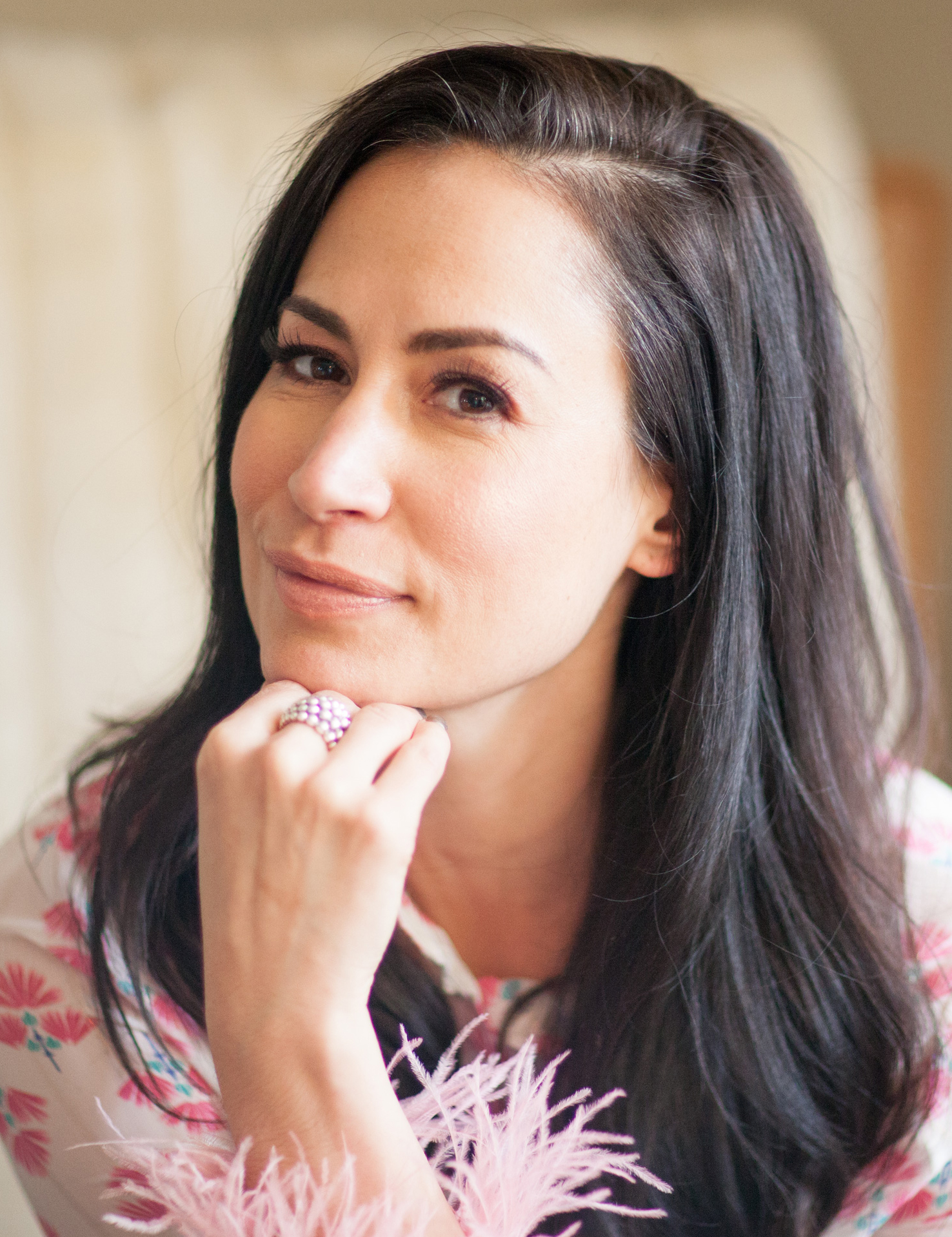
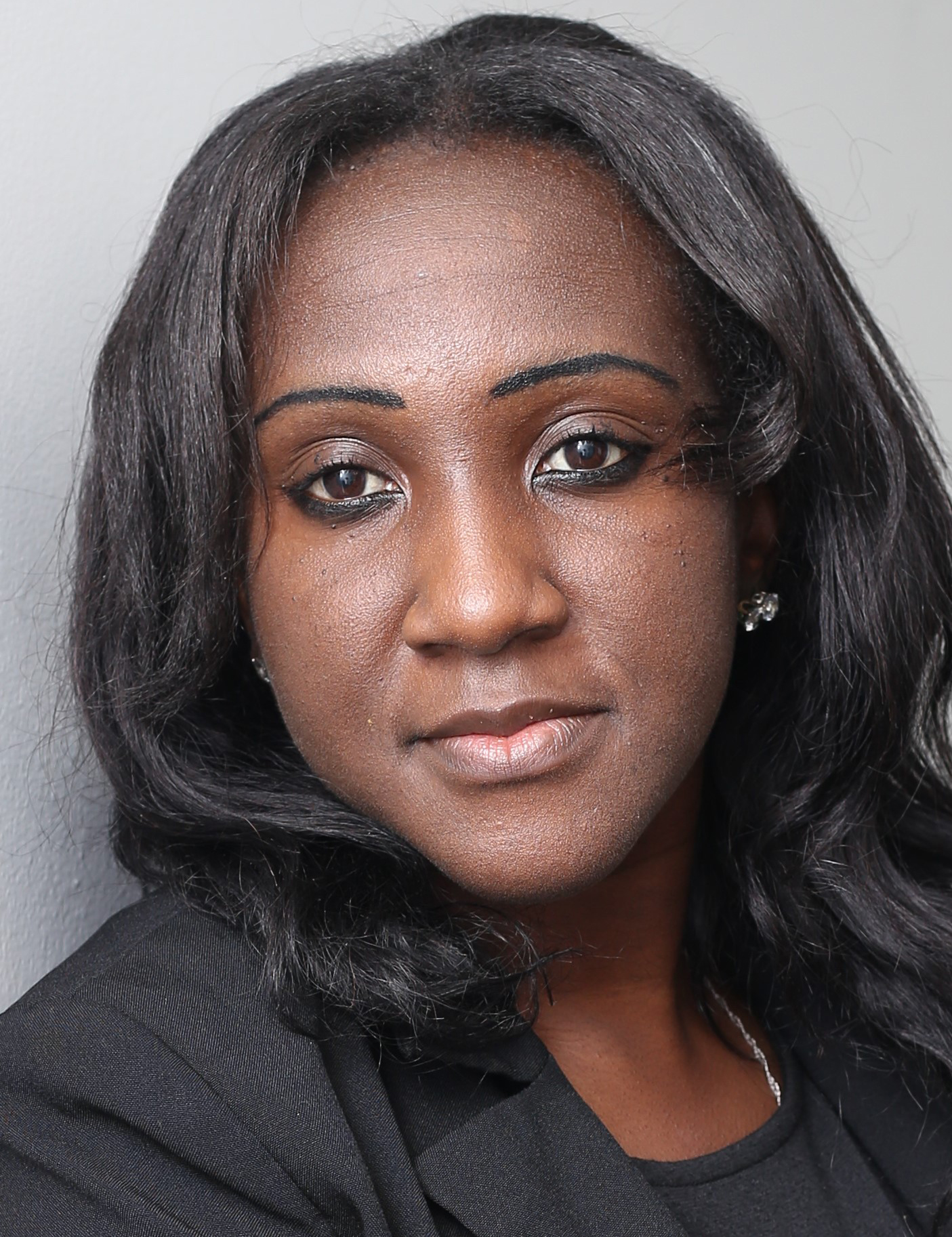
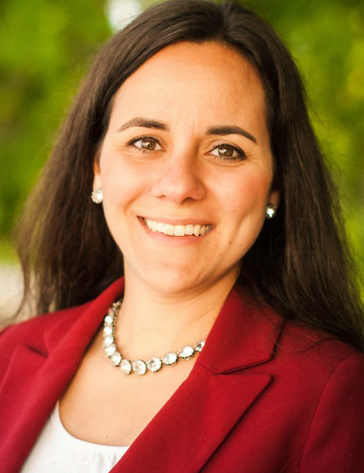
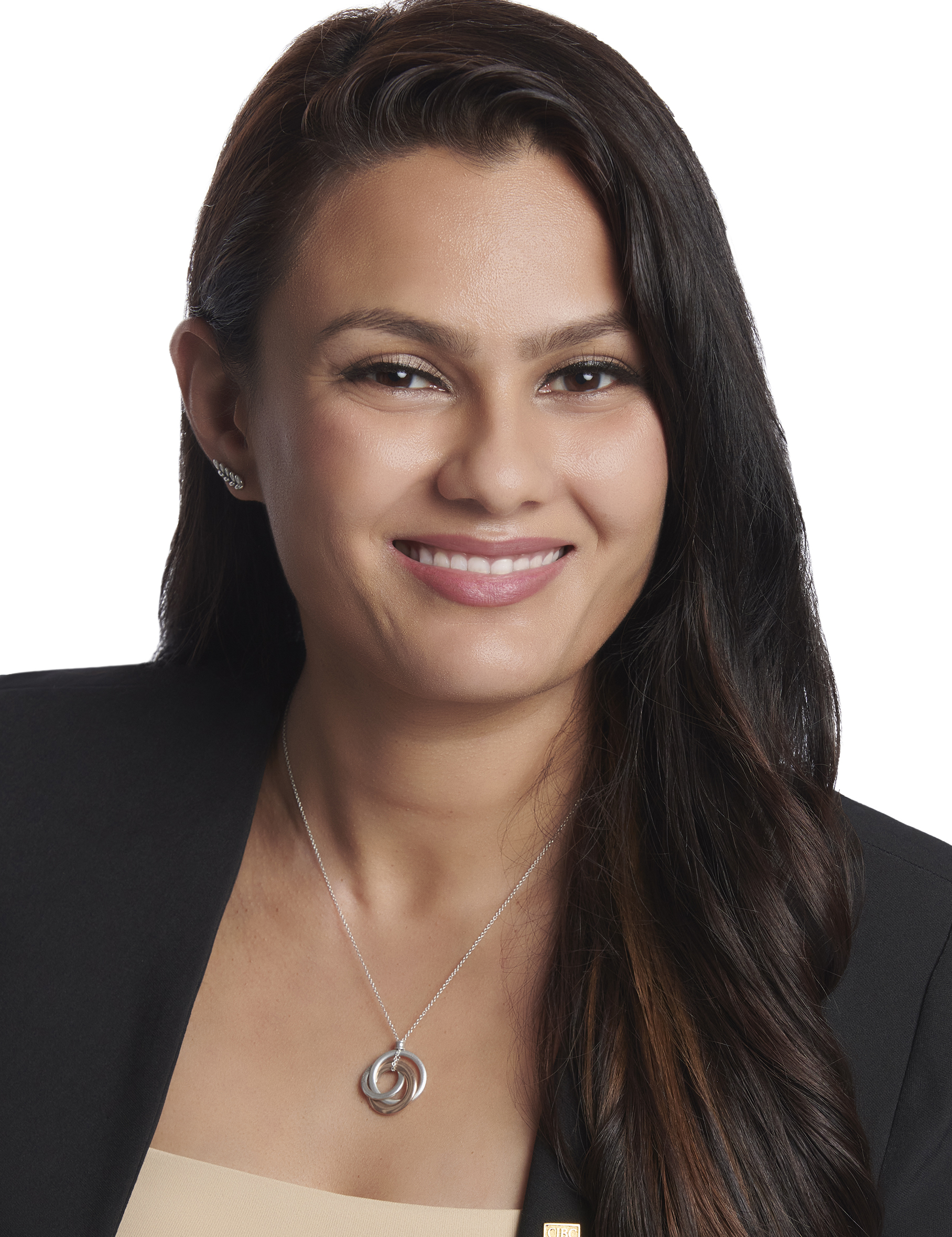

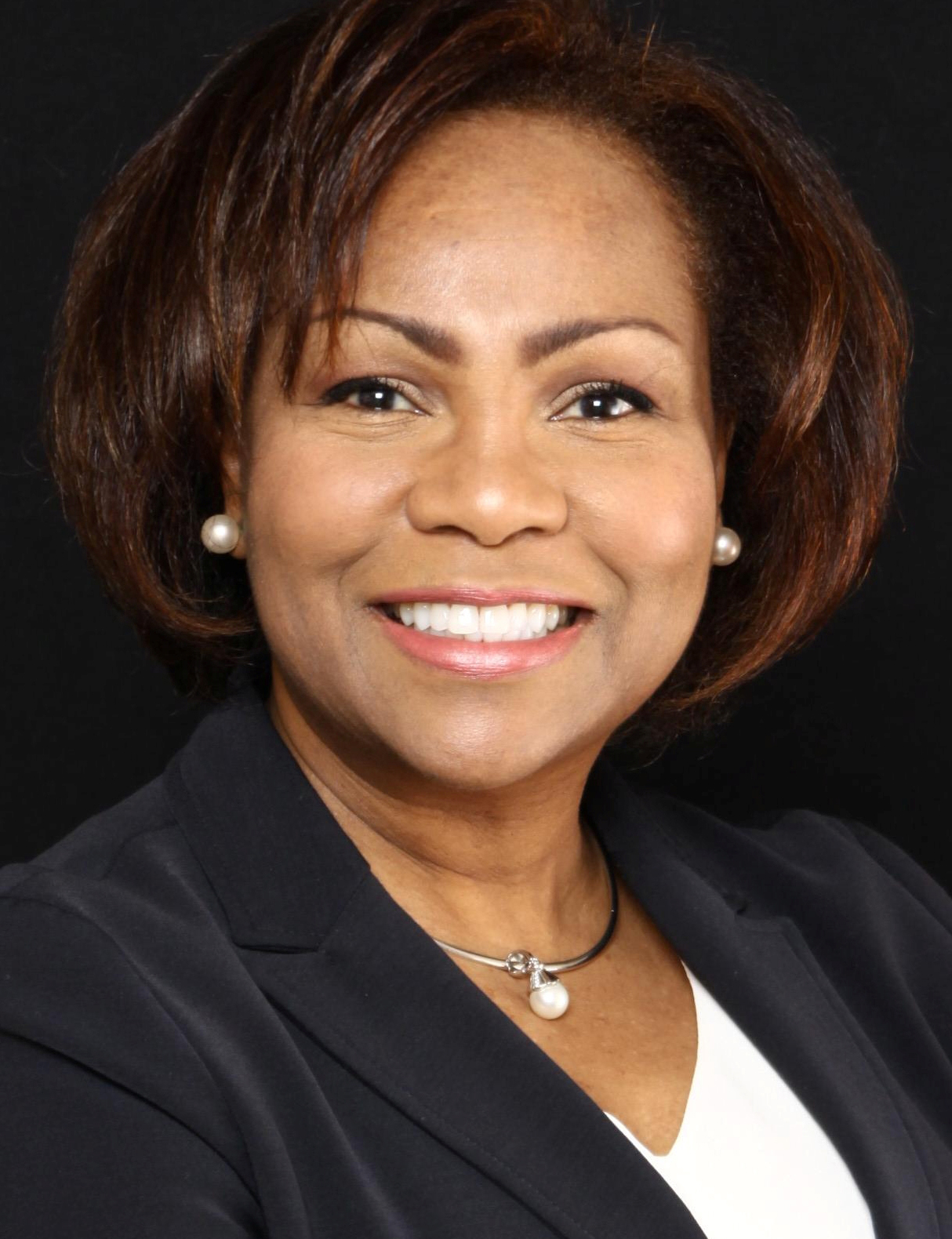
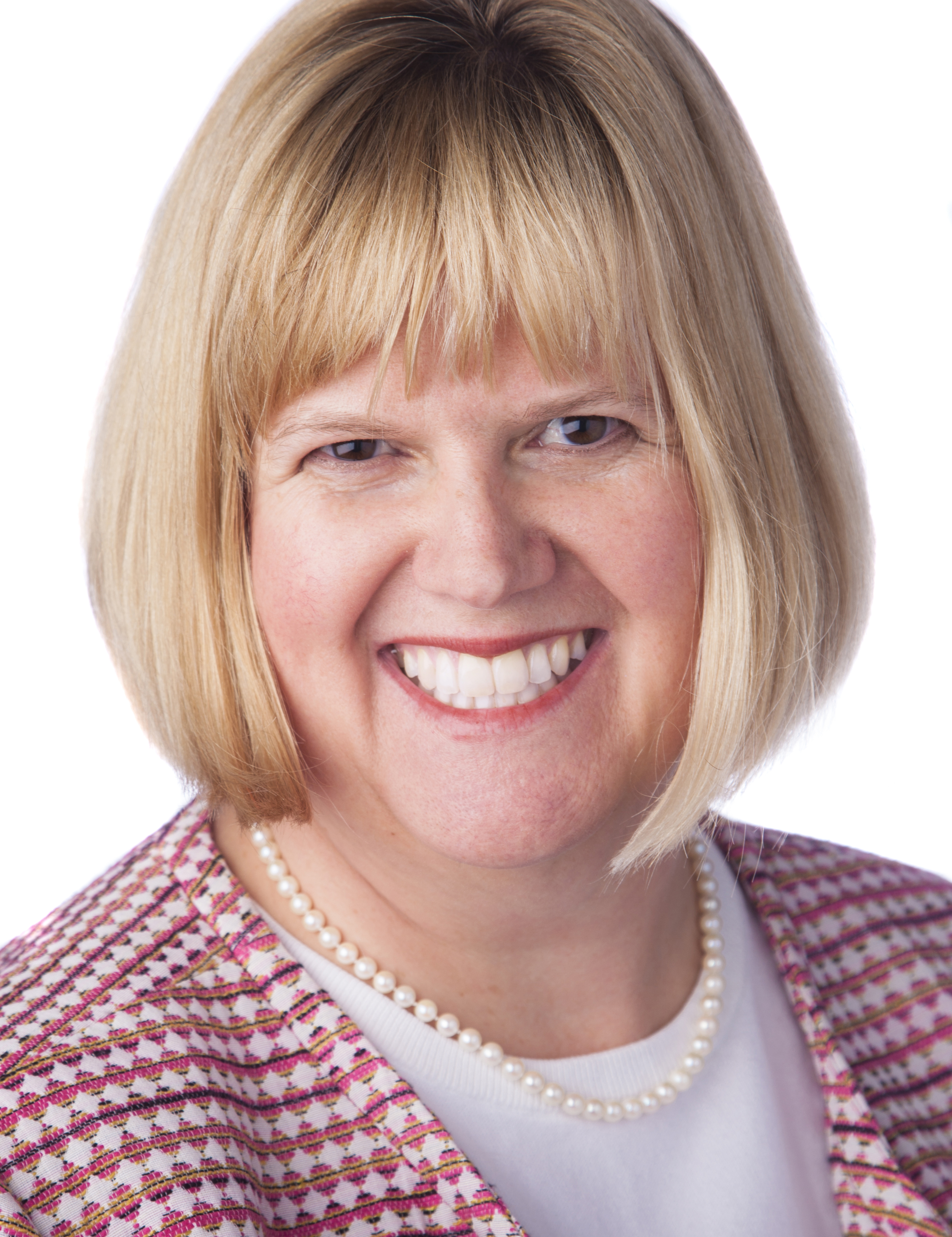
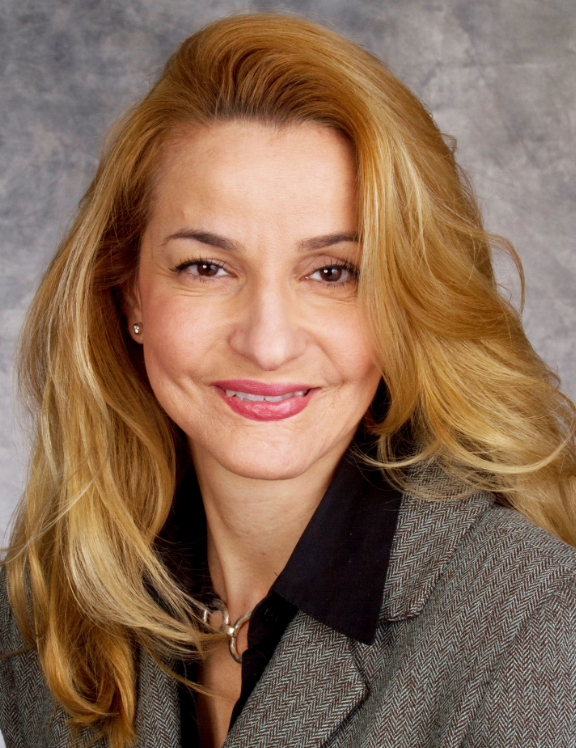
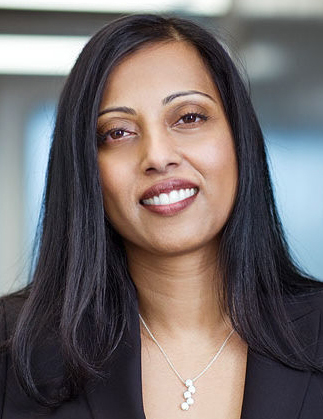
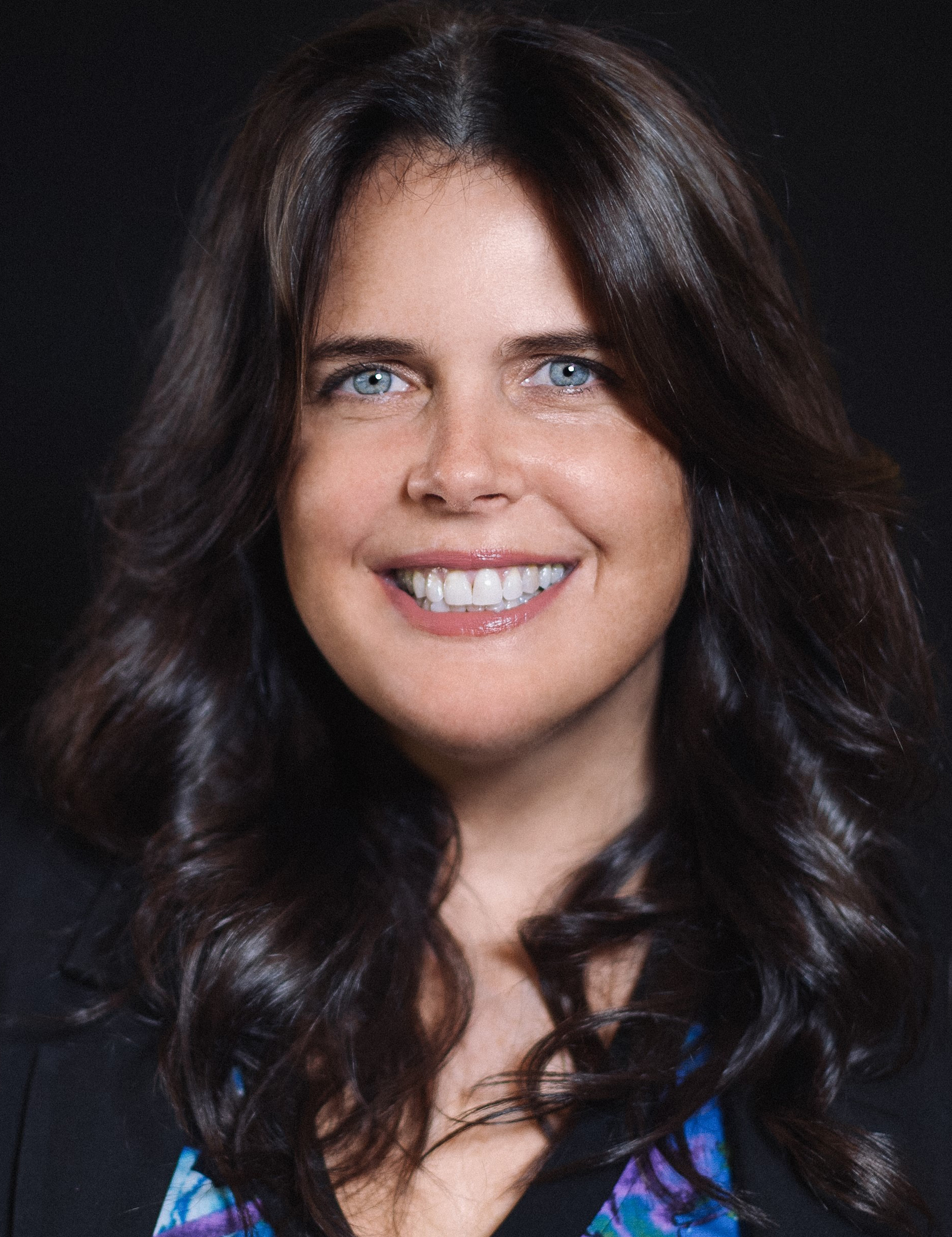
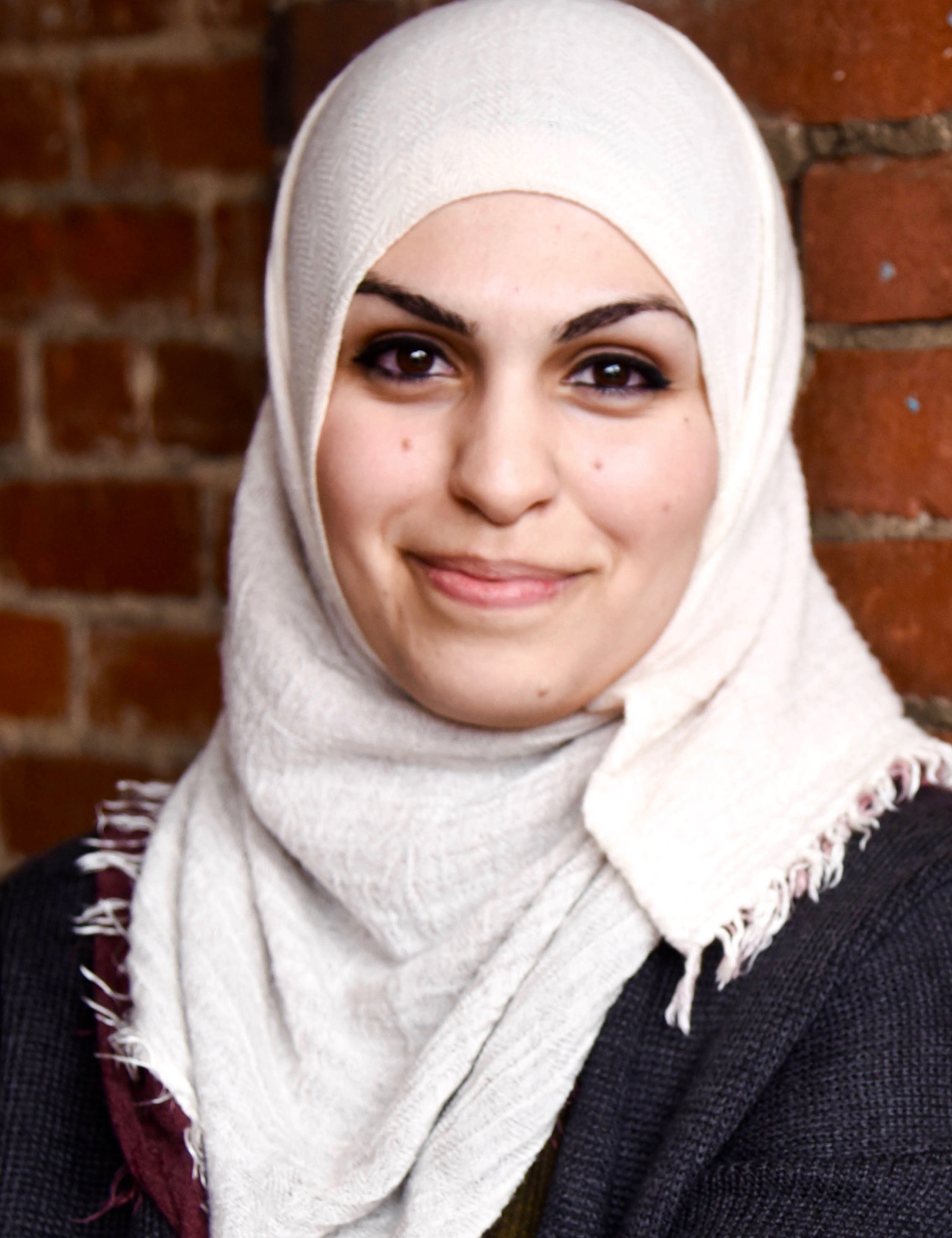
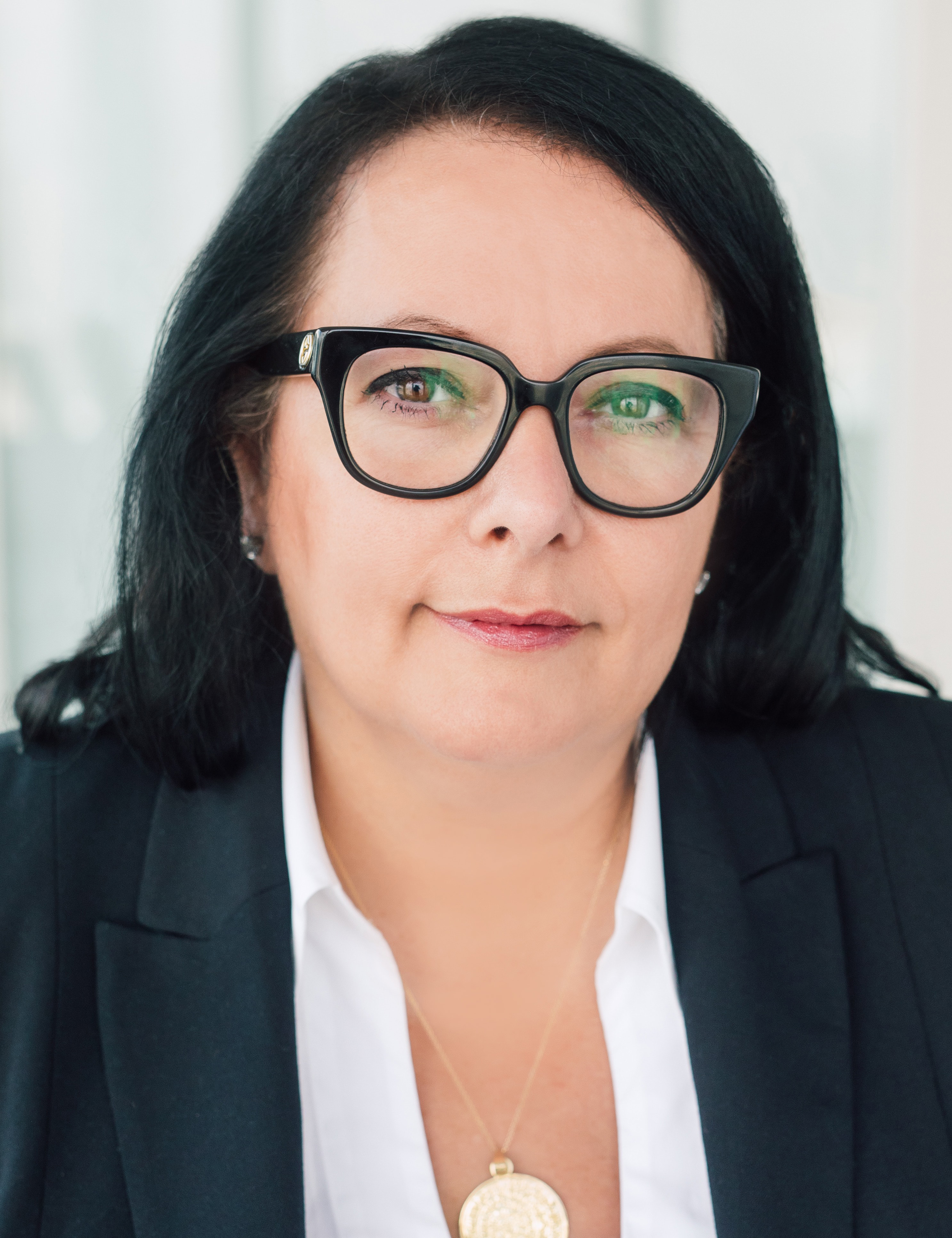





 Fifteen individuals with an affiliation to York University have been appointed to the Order of Canada, as announced on Nov. 27.
Fifteen individuals with an affiliation to York University have been appointed to the Order of Canada, as announced on Nov. 27.